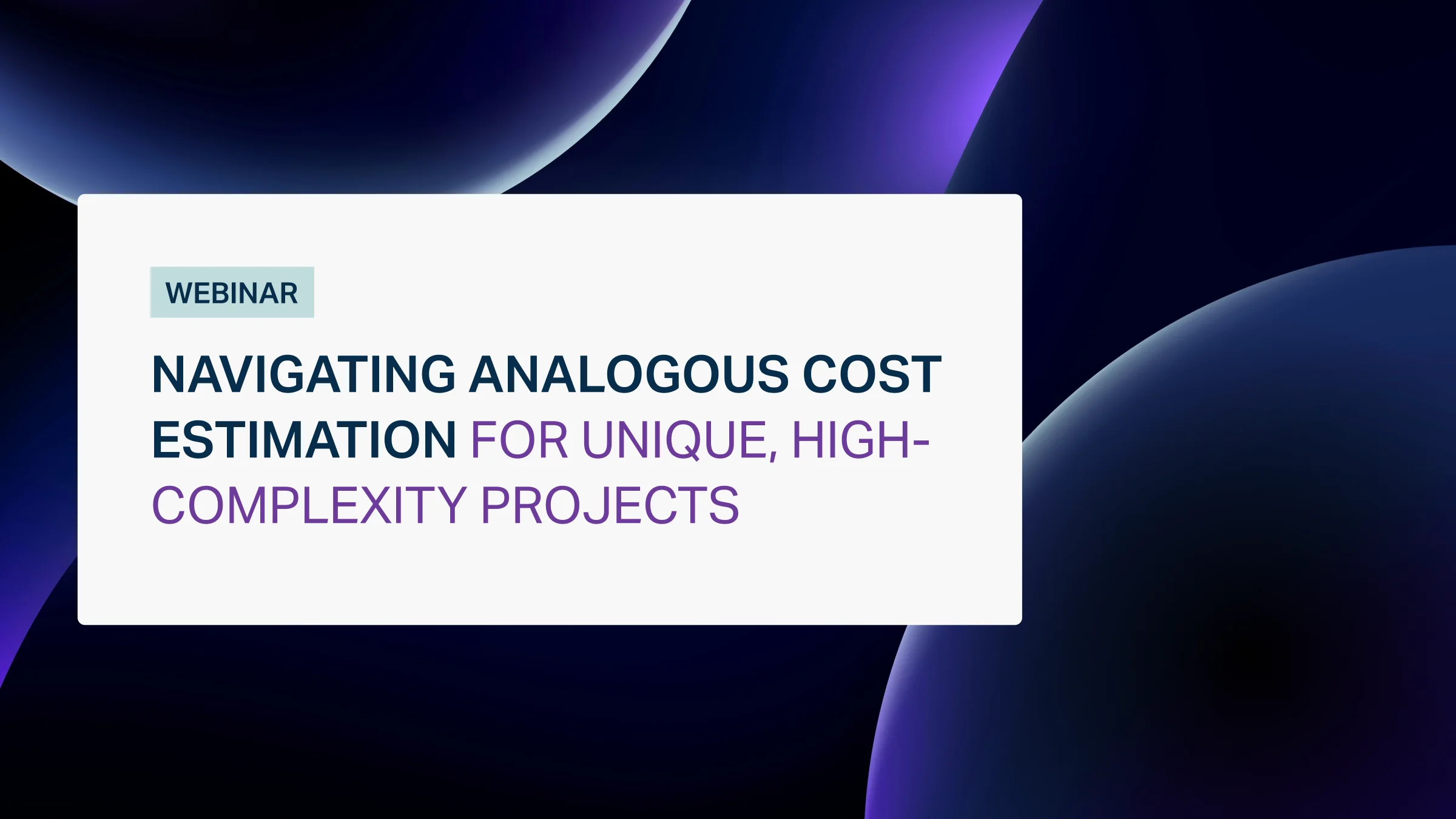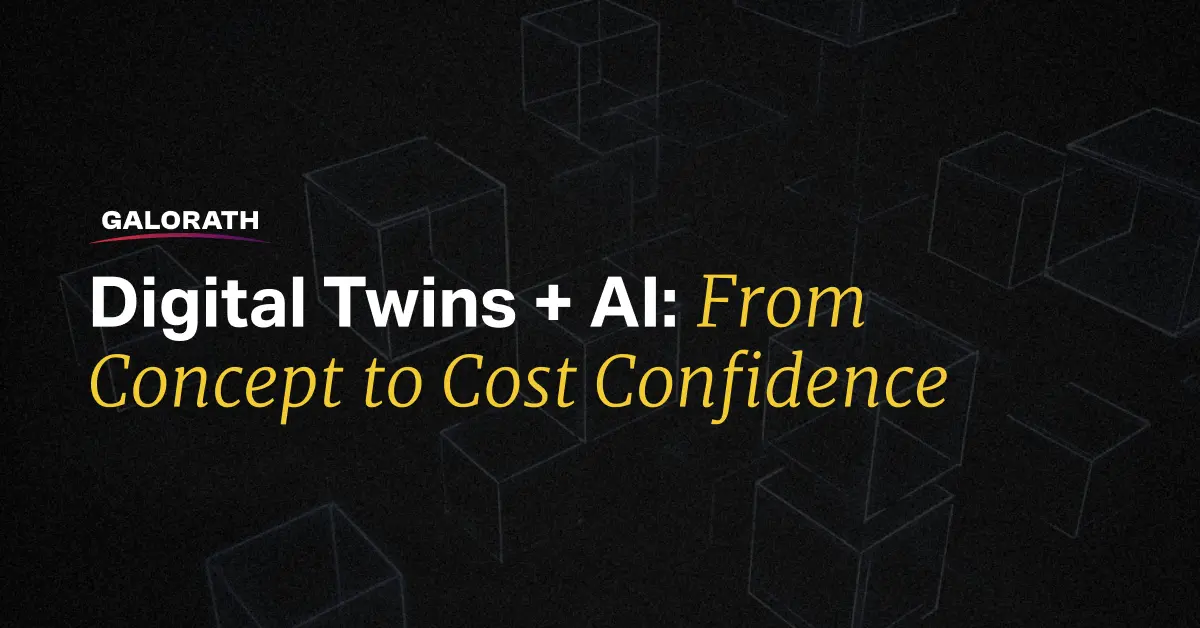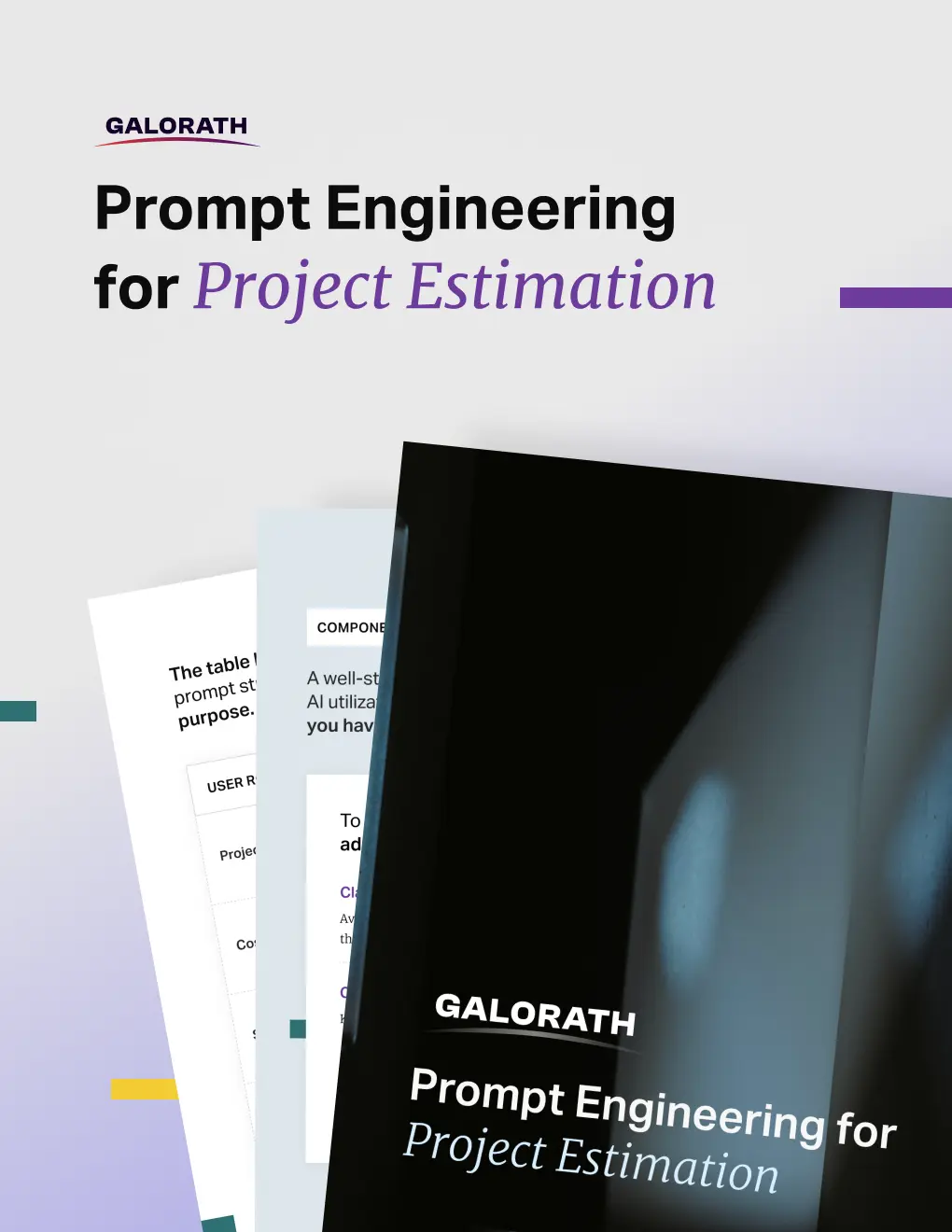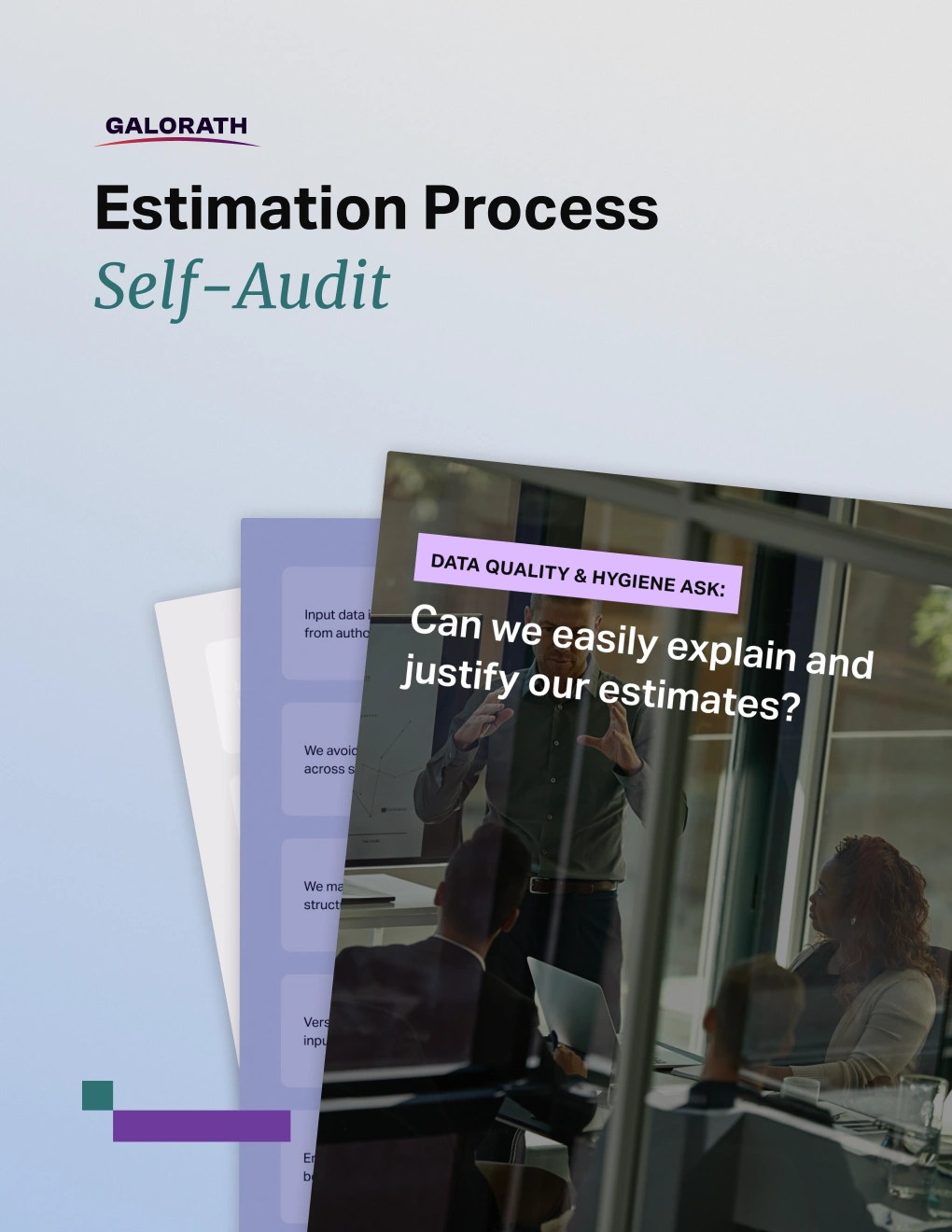Mastering Cost Risk with the CRED Model: A New Approach to Managing Uncertainty
When you need to connect design intent with cost reality, this agent makes the link seamless.
The 2D/3D-to-Cost Agent interprets CAD files and engineering drawings, extracting material specs, geometry, and part complexity. It translates this data into SEER-compatible structures that support manufacturing cost modeling, design-for-manufacturing reviews, and project-level estimation. By bridging the gap between engineering and costing, it helps teams validate feasibility early, reduce iteration, and prevent late-stage surprises.
Compliant
Secure
Audit-ready


Situations & triggers
When teams turn design files into decisions
Early design decisions often set the trajectory for cost and manufacturability, yet engineering and cost teams typically operate in silos. Without a direct way to translate CAD features into structured cost inputs, organizations risk delays, redesigns, and missed cost targets. The 2D/3D-to-Cost Agent addresses this by turning complex design files into usable cost artifacts, giving both design and cost teams the same source of truth.
When
new CAD drawings arrive
I want to
translate them into cost structures so I can evaluate feasibility
When
design changes happen midstream
I want
updated estimates so I can adjust without derailing schedules
When
sourcing discussions begin
I want
structured manufacturing data so I can negotiate with confidence
When
engineering explores alternatives
I want to
compare cost trade-offs so I can recommend the best path
Desired outcomes/Benefits
Closing the gap between engineering and estimation
Engineering and costing teams can align earlier and more effectively when design files flow directly into cost structures. The 2D/3D-to-Cost Agent accelerates this connection, providing decision-ready insights without the delays of manual translation. By combining transparency with automation, it supports smarter trade-offs and reduces risk across the program lifecycle.
60% reduction
in time spent translating CAD into cost inputs.
Early visibility
into material, geometry, and part-level drivers.
Fewer redesign cycles
thanks to upfront manufacturability insights.
Increased collaboration
between engineering, cost, and sourcing.
Scenarios/Playbooks
Where drawings become decision-ready outputs
From the first drawing review to late-stage design iterations, the 2D/3D-to-Cost Agent provides structured workflows that help organizations keep cost and manufacturability in check. These scenarios show how it transforms everyday design challenges into reliable cost intelligence.
All CAD files and design data are processed in a tenant-isolated environment. Outputs remain linked to source inputs, ensuring full traceability for compliance, supplier negotiations, and audit defense.
See it in actionScenario 1: Early design feasibility in 3 steps
Trigger: When engineering delivers initial CAD models.
Step 1
Upload the CAD file or engineering drawing.
Step 2
The 2D/3D-to-Cost Agent extracts material specs, geometry, and complexity factors.
Step 3
You receive a structured WBS and cost profile aligned to SEER models.
Scenario 2: Design change evaluation in 3 steps
Trigger: When a design update raises new cost or manufacturability questions.
Step 1
Provide the revised CAD or updated drawing.
Step 2
The 2D/3D-to-Cost Agent recalculates key cost drivers and effort impacts.
Step 3
You receive updated outputs that highlight trade-offs across cost, schedule, and sourcing.
Frequently Asked Questions
How does the 2D/3D-to-Cost Agent handle proprietary design data?
All data is encrypted, tenant-isolated, and never shared outside your environment.
Does it replace engineering judgment?
No. It provides structured cost insights, but engineering and program leads remain responsible for design decisions.
Can it process both 2D and 3D files?
Yes. It supports standard CAD formats and can interpret both 2D drawings and 3D models.
What if CAD models are incomplete?
The agent can highlight gaps and assumptions, giving teams a clear view of what needs further definition.
How does it support design-to-cost reviews?
It provides cost breakdowns linked to geometry, material, and process complexity so reviews are backed by quantifiable data.
Bring cost awareness into every design review with the 2D/3D-to-Cost Agent.
Confidential by design, every response is generated within Galorath’s secure AI framework with full traceability to source inputs.
Trusted by leaders in the industry:







